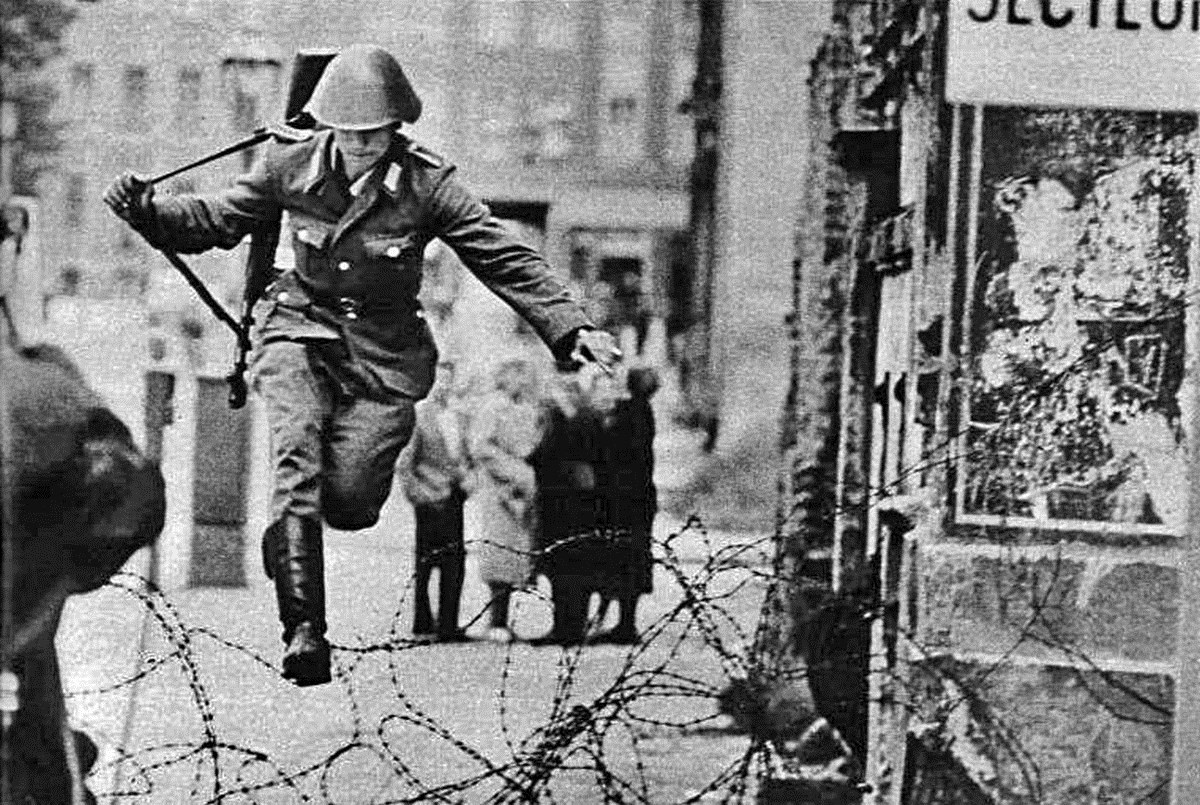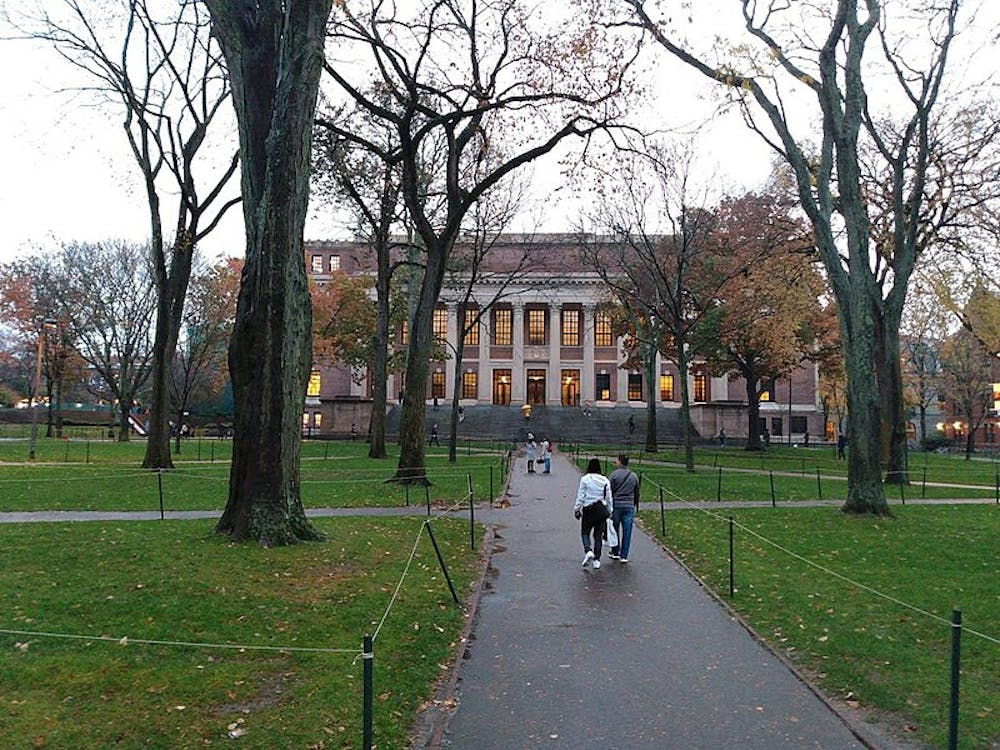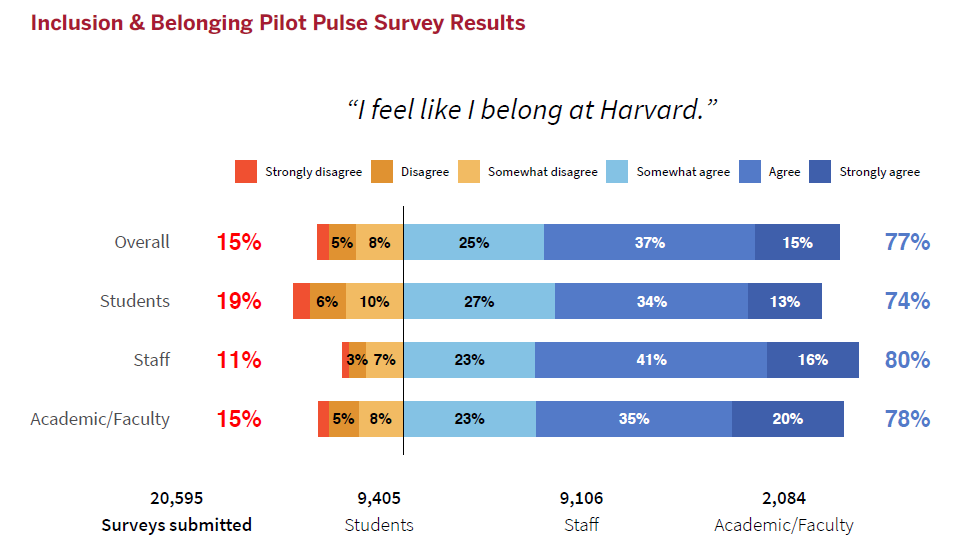Cold War German identity remains a vital part of discussions surrounding contemporary Germany, as the effects of the East-West divide continue to reverberate throughout German society. The split between East and West following World War II not only shaped the political landscape but also influenced personal identities and cultural consciousness, a phenomenon extensively explored in Addie Esposito’s thesis. Her research highlights how the legacy of the Cold War has left lasting impressions on German political culture, with many former East Germans still identifying primarily with their regional roots. Interestingly, the dynamics of German reunification impact the way individuals perceive national pride and identity today, revealing a nuanced distinction in attitudes across the country. Understanding Cold War German identity is crucial for comprehending the ongoing cultural and political implications in a reunified Germany and the ways in which historical narratives persist in shaping contemporary discourse.
The fragmented sense of nationality seen in post-war Germany can be explored through various lenses, such as the divide between East and West that characterized the Cold War era. As scholars examine the complexities surrounding this separation, terms like “German identity evolution” and “political fragmentation” help frame the discourse on how historical events influence collective memory. Addie Esposito’s analysis sheds light on the persistent differences in identity among individuals from the former German Democratic Republic and the Federal Republic of Germany, accentuating the socio-political consequences of their diverging pasts. This exploration of identity not only informs our understanding of Germany’s reunification journey but also highlights how historical legacies continue to shape the present and future of German society, illustrating the enduring relevance of the Cold War in contemporary German life.
Understanding the Cold War German Identity
The Cold War German identity is an intricate weave of historical experiences, shaped significantly by the division of Germany into East and West during the latter half of the 20th century. This identity is not merely a reflection of geographical boundaries but is underpinned by starkly different political systems, cultures, and social norms that emerged from the Cold War era. As Addie Esposito’s thesis illustrates, the enduring legacy of this divide continues to influence how individuals in Germany perceive their national identity and political affiliations today. The deep-rooted sentiment and pride associated with being East German versus West German have become defining aspects of personal and political identities, thereby solidifying a complex cultural landscape that is still unraveling decades after reunification.
The significance of understanding Cold War German identity lies in recognizing how historical narratives shape contemporary political perspectives. Esposito’s investigation into the attitudes of parliamentarians underscores the persistence of regional identities, demonstrating that for many, being East German remains a primary identifier even after reunification. This phenomenon isn’t just linked to socioeconomic factors but is also tied to a profound sense of history and collective memory that continues to inform political discourse in Germany. Through her research, Esposito challenges simplified notions of nationalism, forcing a re-evaluation of what it means to be German in a post-Cold War context.
Frequently Asked Questions
How does the Cold War shape modern German identity?
The Cold War has significantly shaped modern German identity by fostering a persistent divide between East and West. This division continues to influence political culture, regional identities, and social dynamics, as highlighted by research such as Addie Esposito’s thesis. Her work shows that many individuals from the former East Germany still identify strongly with their regional backgrounds, illustrating the lasting legacy of the Cold War in contemporary Germany.
What is the significance of the East West German divide in understanding German identity?
The East West German divide is crucial for understanding German identity, as it reflects historical experiences and socio-political differences stemming from the Cold War. This divide remains a dominant factor in current political discourse and identity formation, influencing how individuals perceive themselves and their roles within a unified Germany.
What impact did German reunification have on national identity?
German reunification initially aimed to integrate East and West Germany and dissolve historical divides. However, the reality has shown that the Cold War legacy has led to a persistent East-West disparity in identity, with many East Germans retaining a distinct sense of identity that is tied to their regional history. This complexity has been documented in various studies, underscoring the ongoing impact of reunification on German political culture.
How does the Cold War legacy influence German political culture today?
The Cold War legacy deeply influences German political culture by creating a landscape where identities and political affiliations often reflect East-West divides. Studies indicate that many politicians and citizens from the former East Germany continue to express their identities shaped by their experiences, which affects their political views, party affiliations, and perceptions of national pride.
What insights does Addie Esposito’s thesis provide on Cold War German identity?
Addie Esposito’s thesis offers valuable insights into Cold War German identity by exploring the persistent divide between East and West. Her research, based on interviews with Bundestag members, reveals how cultural and political identities are shaped by historical experiences from the GDR era. It illustrates that many former East Germans still identify primarily as East German, reinforcing the complex interplay of memory and identity within a unified Germany.
| Key Aspect | Details |
|---|---|
| Background | Addie Esposito’s research explores how the legacy of the Cold War still shapes German identity, particularly the divide between East and West Germany. |
| Initial Interest | Esposito’s fascination with German language and culture began in childhood and continued through her education at Harvard. |
| Research Focus | Her thesis involves interviews with Bundestag lawmakers, analyzing how identities persist decades after reunification. |
| Key Findings | A significant number of parliamentarians from East Germany identify primarily as East Germans, a trend less pronounced among the younger generations. |
| Political Context | Esposito highlights the political divide, particularly the far-right Alternative for Germany’s (AfD) unsought association with East Germany. |
| Cultural Identity | Identities in East Germany are marked by a sense of distinctiveness and pride rooted in history and the process of reunification. |
| Future Aspirations | Esposito plans to pursue a master’s in public policy in Germany with a view to becoming an ambassador or a political scholar. |
Summary
Cold War German identity continues to influence contemporary perceptions and political alignments in Germany. The enduring divide between East and West Germany is not simply a historical artifact but a living aspect of German society, as highlighted by Addie Esposito’s thesis work. Through her extensive interviews and analyses, she reveals that many who grew up in the East still strongly identify as East Germans, despite the passage of over three decades since reunification. Moreover, these identities are shaped by both historical events and current political landscapes, particularly the complex relationships with political parties like the AfD. Understanding the nuances of Cold War German identity is crucial for grasping the broader socio-political context in Germany today.




